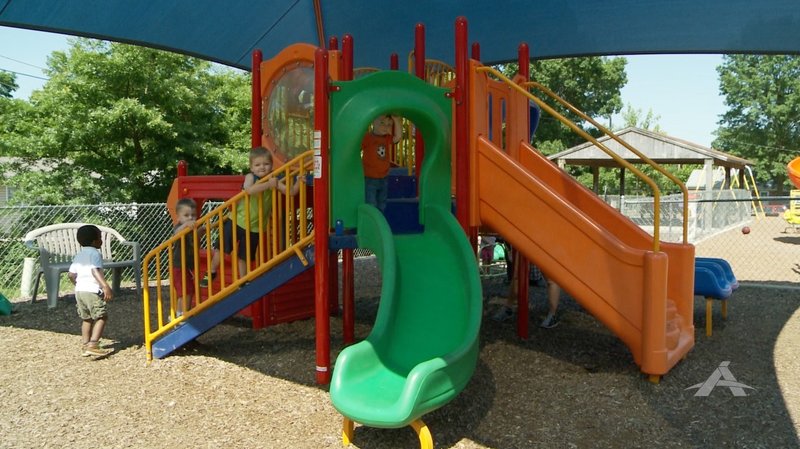WASHINGTON, D.C. – The U.S. Supreme Court sided with a religious school in Columbia that sued the state of Missouri for denying a taxpayer-funded grant for school playground improvements.
The court ruled on Monday that state officials were wrong to block funding to Trinity Lutheran Church to rubberize playground surfaces as part of a state grant program for nonprofits, National Public Radio reports.
MORE NEWS: Know These Before Moving From Cyprus To The UK
The church applied for a state grant in 2012, but was rejected by state officials because of its religious affiliation.
“The Missouri Department of Natural Resources, which administers the grant program, had enough money to fund 14 of the 44 applicants,” NPR reports. “Although Trinity Lutheran would have qualified for one of the grants, the state turned it down, citing the state constitution’s ban on any state aid, direct or indirect, to religious schools.”
Trinity Lutheran challenged the decision in court and alleged discrimination because the grant program was open to all not-for-profits except religious groups.
Alliance Defending Freedom’s David Cortman argued that it essentially boiled down to the state treating religious schools “worse than everyone else.”
Missouri “is not being asked to fund a religious activity,” he told NPR. “It’s funding the playground where students play.”
Justice John Roberts wrote for the majority that “the consequence is, in all likelihood, a few extra scraped knees.
MORE NEWS: How to prepare for face-to-face classes
“But the exclusion of Trinity Lutheran from a public benefit for which it is otherwise qualifies, solely because it is a church, is odious to our Constitution all the same, and cannot stand,” he wrote in the 7-2 decision.
The ruling is somewhat mute because Missouri Republican Gov. Eric Greitens has since changed the state’s policy on funding for religious schools to protect “people of faith who are too often under attack,” NPR reports.
But many folks believe the Supreme Court ruling could have far broader implications for school choice and voucher programs as the Trump administration pushes to expand educational options for American families.
The Trinity Lutheran case hinged on what’s known as a Blane Amendment in the state constitution that prohibits any taxpayer money from flowing to religious institutions, and 36 states have similar provisions.
“This decision marks a great day for the Constitution and sends a clear message that religious discrimination in any form cannot be tolerated in a society that values the First Amendment,” U.S. Education Secretary Betsy DeVos said in a prepared statement to The Washington Post.
“We should all celebrate the fact that programs designed to help students will no longer be discriminated against by the government based solely on religious affiliation.”
“This decision has implications beyond scrap tires and church playgrounds,” Institute for Justice senior attorney Michael Bindas said in a statement. “The Court’s reasoning sends a strong signal that, just as the Court would not tolerate the use of a Blane Amendment to exclude a religious preschool from a playground resurfacing program, it will not tolerate the use of Blane Amendments to exclude religious options from school choice programs.”
Opponents of school choice, meanwhile, are attempting to minimize the impact.
“We’re disappointed in today’s decision,” ACLU director Daniel Mach said. “Religious freedom should protect unwilling taxpayers from funding church property, not force them to foot the bill. The court’s ruling, however, focuses specifically on grants for playground resurfacing, and does not give the government unlimited authority to fund religious activity.”
The Post points out that there are currently 25 different private school voucher programs in 15 states and the District of Columbia, and DeVos and Trump are pushing for a new $1 billion federal voucher program.
And while the ACLU and other school choice opponents are doing their best to minimize the legal precedent, at least some Supreme Court justices refused to do the same.
“Two justices, Neil Gorsuch and Clarence Thomas, refused to sign on to a footnote explicitly stating that the court’s approval applied only to playground funding and should not be read as applying to parochial schools in general,” NPR reports.


Join the Discussion
Comments are currently closed.